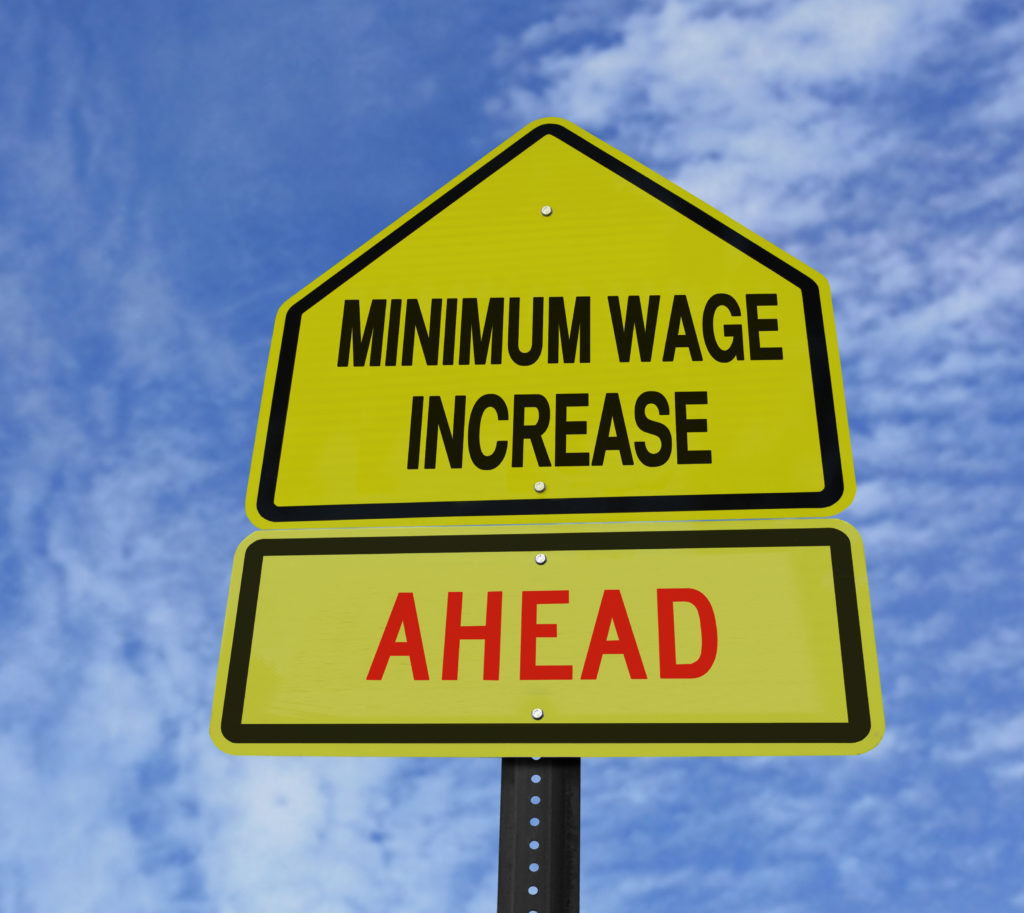As 2021 comes to a close, 83 jurisdictions—including 25 states and 57 cities and counties—are gearing up for minimum wage increases in the New year. Some localities, including Denver, Colorado, Saint Paul and Minneapolis, Minnesota, and several New York counties, are scheduled to reach or surpass $15 an hour.
See a full list of minimum wage increases compiled by the Employment Policies Institute here.
But what does that mean for small businesses and their employees?
According to a report released by the nonpartisan Congressional Budget Office (CBO), a $15 minimum wage would eliminate 2.7 million jobs throughout the United States. The report also found that higher wages would directly result in higher costs for goods and services.
“Higher wages would increase the cost to employers of producing goods and services,” wrote the CBO. “Employers would pass some of those increased costs on to consumers in the form of higher prices, and those higher prices, in turn, would lead consumers to purchase fewer goods and services.”
In another study, Professors Dave Macpherson from Trinity University and William Evan from Miami University estimated minimum wage increases would have an especially large impact on jobs held by workers ages 16-24. Especially within the arts, entertainment, recreation, and food services sectors.
Small businesses will also be disproportionately affected by minimum wage increases.
According to the CNBC|Survey Monkey Small Business Survey, 54 percent of small businesses oppose raising the minimum wage to $15 per hour, and beyond. Among respondents, 20 percent of small business owners said they would be forced to lay off workers if the minimum wage reached $15 per hour.
“Employers cannot have their labor costs increase by up to 100 percent without significant disruptions to their operations,” said Rachel Greszler, a research fellow at the Heritage Foundation in Washington, D.C. “Responses to a $15 federal minimum wage will vary depending on their industries and unique circumstances, but their options include eliminating positions, cutting employee hours, reducing benefits, automating or outsourcing jobs, or closing down.”
Throughout the U.S., businesses of all sizes continue to feel the effects of the coronavirus pandemic and record high inflation. Scheduled wage increase will only pile-on to these challenges—harming small businesses and the employees who count on them to make a living.



